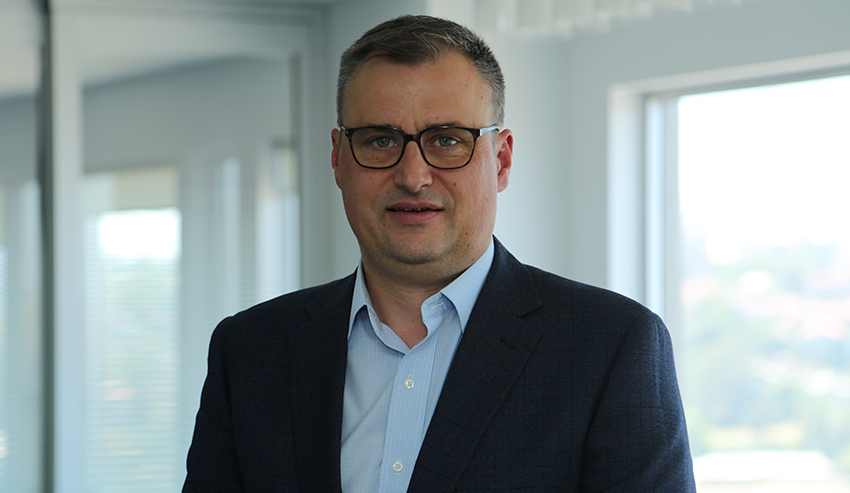One of the main significant challenges facing the defence industry is ensuring the sector is consistently future-proofing itself as the digital landscape is constantly evolving and growing around it.
As one of the Five Eyes chief information officers described at the recent Military Communication and Information Systems Conference 2019 (MilCIS) in Canberra, Defence has to do more to keep up.
"As we get older, we tend to get safer and more comfortable. Well, the world has changed. Not changing... that has happened," said Len Bastien, Canada's Defence chief information officer and assistant deputy minister.
"Digital is bringing the world together and broadening imaginations for many, and Defence needs to pivot. If not, we will be left behind."
It's an approach that is widely recognised within the defence industry already, and one that Canberra-based company Penten is capitalising on.
Recently crowned Cyber Business of the Year at the inaugural Australian Defence Industry Awards, Penten's CEO Matthew Wilson joined Defence Connect podcast host Phil Tarrant to discuss Australia's rapidly changing cyber and digital landscape and how the defence industry is implementing those changes.
What is your outlook for the cyber sector and what emerging threats do you envision coming to the forefront?
Wilson: Well look, there certainly are a lot of challenges, right? And part of the process that we need to think about is the fact that we, in some ways we can't look back on these.
It's not about going, thinking about our processes and our ways of the past. It's actually recognising that the world's changing at a rapid rate.
Digital technologies are driving, not just that change, but the acceleration of that change.
So, we have to get in front of it. We genuinely don't have a choice. And yes, we can worry about all the problems or we can focus on taking the opportunity in our hands and running with it.
Do you think there is enough understanding and appreciation of those emerging threats?
Wilson: It's getting better.
I mean, one of the things that we've got to remember is we've got quite an amazing capability within government anyway.
What we [are] starting to see now is a broader realisation that industry has a significant role to play in augmenting the capability that government has in creating our economic resilience and certainly supporting some of the defence outcomes that are required.
I'm excited by that kind of marriage coming together and part of the reason for us kind of building Penten is a realisation the industry does have a real focus, real role to play and that there are real challenges that are emerging globally that Australia can be the centre of gravity for solving.
Everybody is talking about sovereign industrial capability, where does cyber space fit in with that? Do we need our own sovereign capabilities around this domain?
Wilson: Yes, and I would say for two reasons.
One, because just from a resilience perspective, we have to, there's really no choice in that context just because of the speed at which we're dealing with challenges. But actually I look at it in a slightly different perspective and that is globally these problems and this market is growing and changing.
Globally all the problems haven't been solved. And so from Australia's perspective, we don't have a lot of legacy investments that we need to try and protect within this space.
If we're looking to take a step forward in growing industries that are not about shipping dirt north, this type of industry is one of those industries, so that we can have a real kind of go at because, the need is there, the need is growing ... and there isn't really incumbency that can't be tackled and it's simply because new needs are opening up all the time.
To listen to the full podcast, please click here.


